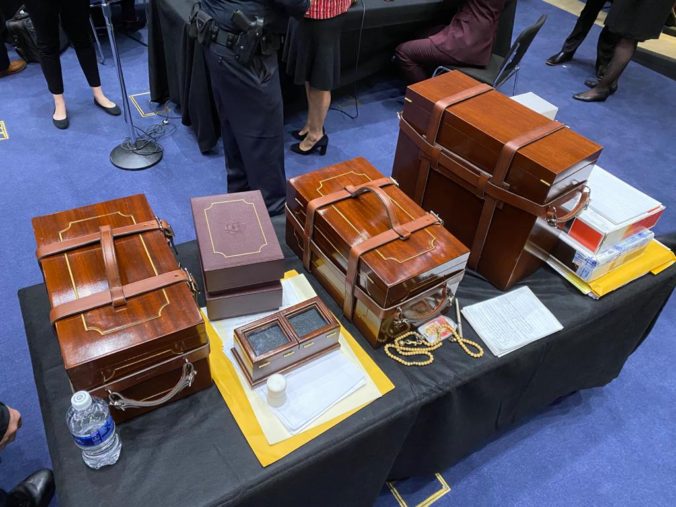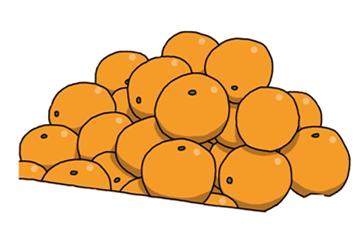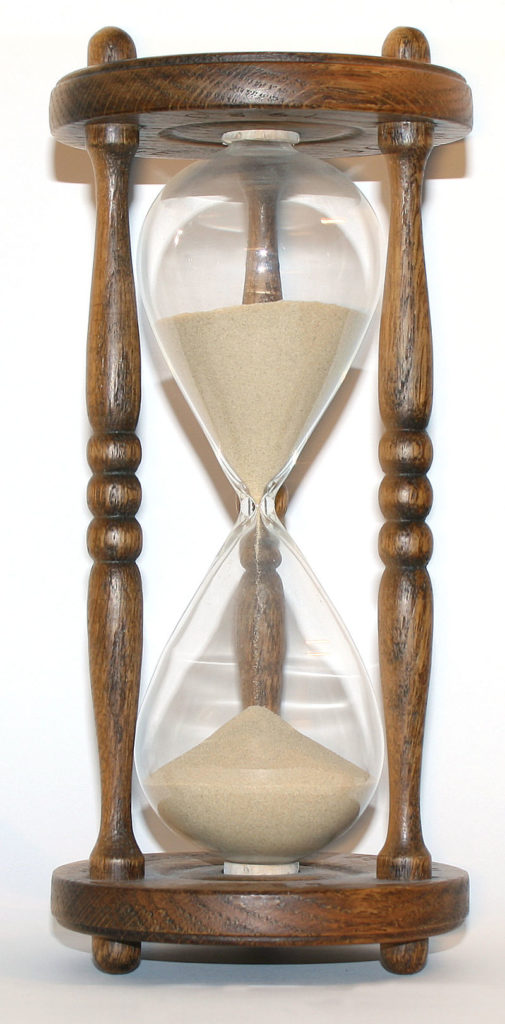The words CLIMATE CHANGE are ubiquitous. Climate change, what some call “extreme weather,” is ubiquitous. That means that climate change is global. There is no corner of the globe that can, and that has, escaped the effects of climate change.
Around the world, storms are more and more frequent. They are also more and more intense. The oceans are becoming warmer, and this is harming sea animals. Glaciers and icebergs are melting faster and faster, which is causing sea levels to rise higher and higher, more and more quickly. Ice on rivers and lakes is breaking up earlier, plant and animal ranges have shifted and growing seasons are becoming shorter and shorter. In some places, they are occurring later and later.
More frequent and (more) intense drought, storms, heat waves, rising sea levels, melting glaciers and warming oceans can directly harm animals, destroy their habitats.
All of these changes are making it harder and harder for people – whether farmers, fishermen, agricultural workers – to make a living. Trees are flowering sooner. Communities suffer and many individuals pack up and leave their homes and the communities where they grew up, lived and worked. As climate change worsens, dangerous weather events are becoming more frequent or severe. Cities are rebuilding over and over.
Scientists are seeing, and projecting, the largest increases in the frost-free season for coastal and high elevation areas. The increases will be considerably smaller if heat-trapping gas emissions are reduced.
Unfortunately, the Republican administration of Donald Trump is rolling back programs to help control climate change, and programs to help people cope with the results of climate change.
Visit the website of the United Nations to learn more.




